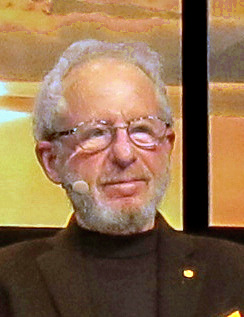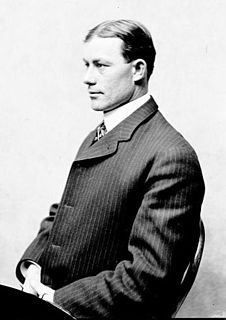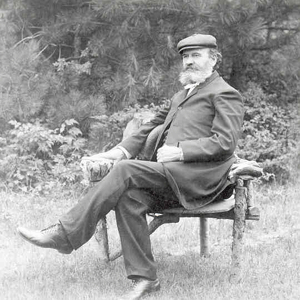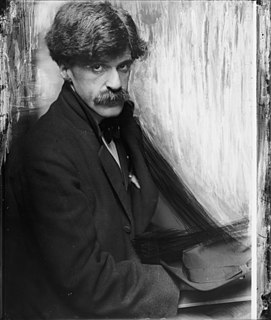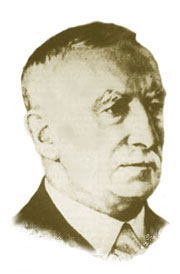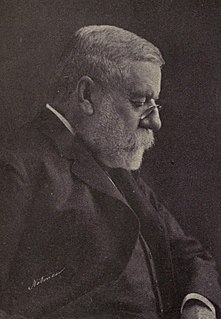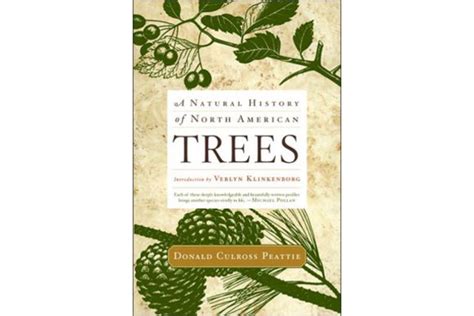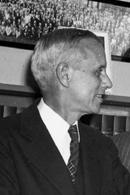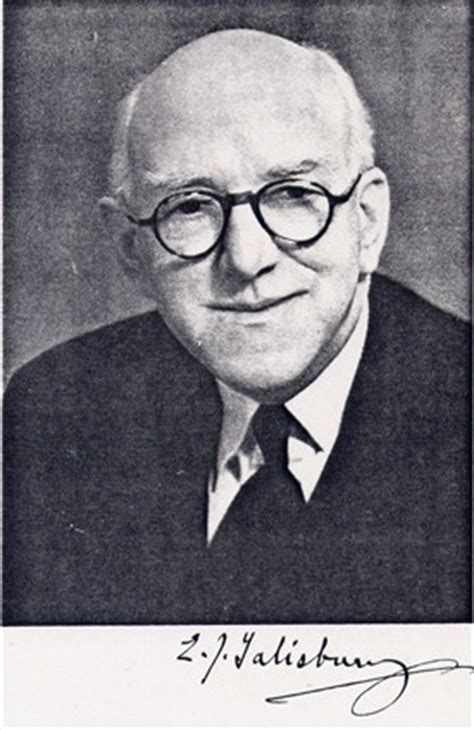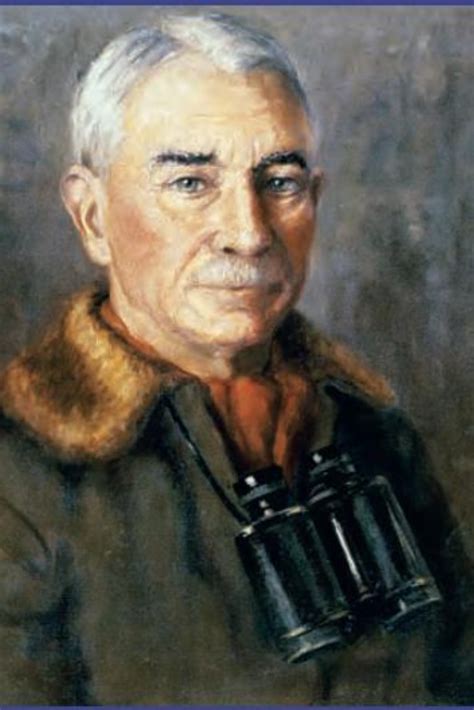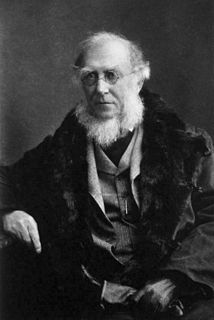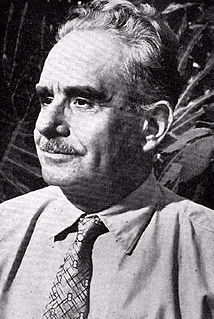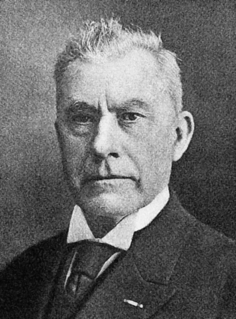A Quote by Douglas Houghton Campbell
Doubtless many can recall certain books which have greatly influenced their lives, and in my own case one stands out especially-a translation of Hofmeister's epoch-making treatise on the comparative morphology of plants. This book, studied while an undergraduate at the University of Michigan, was undoubtedly the most important factor in determining the trend of my botanical investigation for many years.
Quote Topics
Related Quotes
My undergraduate years at the University of Nebraska were a special time in my life: the combination of partying and intellectual awakening that is what the undergraduate years are supposed to be. I went to the university with the goal of becoming an engineer; I had no concept that one could pursue science as a career.
There are many important books on oral history. My book was the launch title in the Understanding Qualitative Research series with Oxford University Press. I think what makes my book and all of the series books unique is the emphasis on writing instruction for researchers who want to use the method being described.
I believe in the magic of books. I believe that during certain periods in our lives we are drawn to particular books--whether it's strolling down the aisles of a bookshop with no idea whatsoever of what it is that we want to read and suddenly finding the most perfect, most wonderfully suitable book staring us right in the face. Unblinking. Or a chance meeting with a stranger or friend who recommends a book we would never ordinarily reach for. Books have the ability to find their own way into our lives.
I was influenced at an early age by Gandhi, and I have read many biographies of him. I have been greatly influenced in the last twenty years by Mandela. It is amazing that he has managed to keep such a balance, that he came out of prison after such a long time as a rounded, holistic person who could reach difficult accommodations with generosity.
Individual companies now have the voluntary responsibility of recalling their own products. While many companies have acted properly and swiftly to recall contaminated goods, the delay between the identification of tainted foods and the company's decision to recall those foods leads to the needless sickness of too many Americans.
But do let me reiterate the spirit of Michigan. It is based upon a deathless loyalty to Michigan and all her ways; an enthusiasm that makes it second nature for Michigan men to spread the gospel of their university to the world's distant outposts; a conviction that nowhere is there a better university, in any way, than this Michigan of ours.
The Bible stands apart from all other books, and has survived and will survive all the attacks of its enemies. It is like the electric torch that shines over the water of New York Bay, struck by the wing of many a seabird that dashes against it in its reckless flight, but still shining on unmoved while the foolish and reckless assailant falls bleeding and wounded at its feet. It is an anvil which has worn out many a hammer of hostile criticism, while the anvil still remains unshaken amid the wreck of all that have assailed it.
Suppose that the organism is given the problem of determining the analysis of a stimulus at a certain level of representation - e.g., the problem of determining which sequence of words a given utterance encodes. Since, in the general case, transducer outputs underdetermine perceptual analyses, we can think of the solution of such problems as involving processes of nondemonstrative inference. In particular, we can think of each input system as a computational mechanism which projects and confirms a certain class of hyputheses on the basis of a certain body of data.




